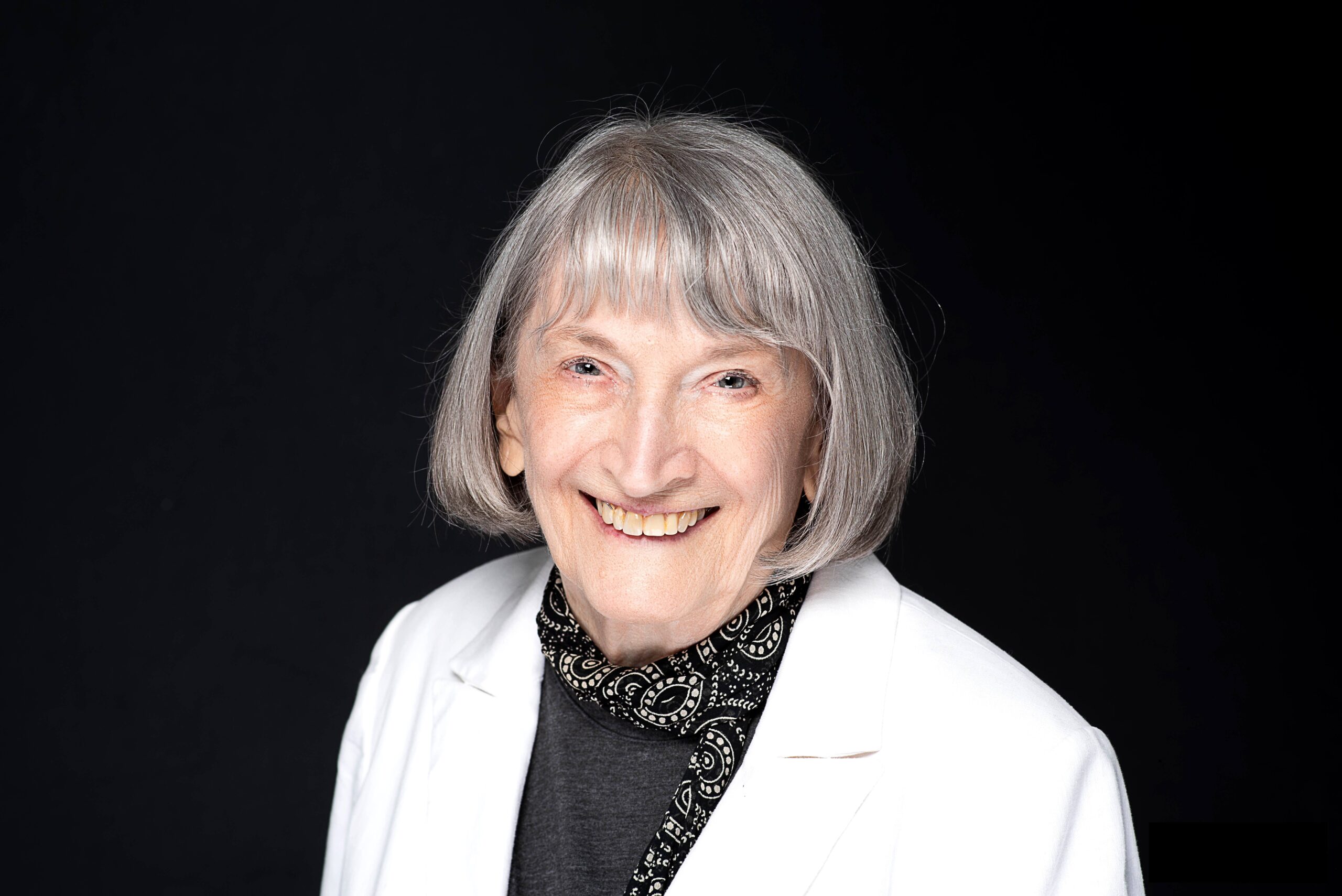
Meet the Coach: Interview with Career Consultant Heather Brandon
August 26, 2025 Written by Rafael Spuldar

Compare Providers
Download our outplacement comparison sheet
Request Pricing
Compare our rates to other providers
At Careerminds, career coaches are at the heart of every participant’s journey, offering guidance, encouragement, and concrete steps to navigate change with confidence. Among them is Heather Brandon, whose career has spanned clinical psychology, management consulting, and decades of outplacement coaching.
From leading mental health teams to helping executives and recent graduates alike find their next chapter, Heather brings a rare combination of empathy, curiosity, and practical know-how.
In this interview, Heather shares her journey, her coaching approach, and the memorable moments that have shaped her career.
I was initially a clinical psychologist. I got my master’s and doctorate at the University of Nevada, Reno, did my internship in Boston at the VA Medical Center, and worked in mental health service delivery for a while. Eventually, I worked for the VA in New York as a regional director for a storefront counseling center, covering Northeast New York and the Caribbean.
Later, I worked for Montefiore Medical Center and as a mental health unit chief at the Tombs, an infamous jail in New York. From there, I decided to leave clinical work. A friend helped me get into a management consulting firm where I started part-time, doing coaching and management development. That’s when I began outplacement work, mainly with financial services in New York and large pharmaceutical companies in New Jersey.
Since then, I’ve worked in outplacement with all levels – recent graduates, people without college degrees, mid-level managers, technical folks, and executives.
2. How Does Your Background Influence Your Coaching Today?
I’m comfortable with people from all backgrounds. My caseload includes people from all over the world who speak many languages. I like listening to stories—something I did even before graduate school. My grandmother and I used to sit under a mulberry tree, and she’d tell me stories.
That taught me to listen and ask questions, which is essential in outplacement. Everyone has a story.
3. How Do You Tailor Your Coaching to the Needs of Different Participants?
My first question is almost always, “What’s your ideal job?” Many people stumble on that because of uncertainty in the economy or because they’ve already started thinking that they’ll take whatever they can get. Sometimes they haven’t applied best practices to their job search, and just correcting that can free them to think more about what they ideally want.
I get guidance from their answers; it tells me how to suggest next steps. Most of the time, it comes down to networking and online applications. I explain the hidden job market and why relying only on posted jobs means missing opportunities.
For people uncomfortable with networking, I suggest ways to do it without talking, like providing them with template letters or emails to executives that explain why they like the company and ask for guidance.
4. How Do You Approach Helping Clients Who May Feel Uncertain or Anxious About Career Transitions?
People usually know deep down what they want. Sometimes they haven’t articulated it to themselves, or they don’t want to talk about it because they think it’s impossible. That’s what I call negotiating against yourself—and it’s especially true when someone doesn’t have a job. Then, anxiety takes over.
I start by asking questions to help them talk about what they want and see possibilities. When it’s time to give advice, I’m very concrete. By the end of our first session, they’ll have actionable steps to move forward, which can help reduce that uncertainty.
Need help preparing for a layoff event in your organization? Click below to download our comprehensive layoff guide with step-by-step strategies to help guide you through the process with empathy and professionalism.
5. What’s One Piece of Advice You Give Most Often?
Expand your world. I work with people who’ve been with the same company for a long time: 10, 20, even 35 years. One of the things that happens, especially with those people, is that their vision becomes impaired. They’re not aware of other companies, and don’t know how the current market is going to react to them.
So I encourage participants to explore new companies, industries, and roles—and to let the market tell them what’s possible instead of making limiting assumptions.
6. What Makes Careerminds Unique Compared to Other Outplacement Providers?
A lot of people want to know if AI does our resume work, and it doesn’t. Everyone has a real person working on their resume, and many also get a phone call with that writer. In a time when so much is automated, people value knowing that they’re working with real humans.
The flexibility in the program is another big plus. If someone in a short program needs to take a break, I can put them on a leave of absence and stop the clock. With resume writing, writers set deadlines to keep people moving, but they’ll work back and forth until the participant is happy. If people tell us their needs, we can usually work around them.
7. What’s Your Most Memorable Moment Since Working at Careerminds?
I think of times when someone was having trouble saying what they wanted, and then they did—and they got it. One example was a senior executive from the UK. In his culture, losing a job can feel like total failure, so he was hiding it. We talked about that, and he realized it was holding him back.
Within two and a half months, he had a new job making 30% more on the base, plus a partnership stake. All he had to do was get out there, network, and stop hiding. He was shocked, in a good way, and much better off than at his old job.
8. What Do You Find Most Fulfilling About Working with Participants at Careerminds?
I really like working at Careerminds. It’s an easy, kind, nice place to work with terrific people and interesting clients. The thread that runs through my career is that I enjoy helping people, and what I enjoy most is when I help someone figure out what they want to do next. There’s a lot of that going on now—people deciding whether to stay in the same field or move to another industry.
It’s especially rewarding when someone who had difficulty saying what they wanted is able to do that, and then they get it. Those moments, when they see that it’s possible and take action toward it, are very satisfying.
9. How Have You Seen the Outplacement Industry Change?
When I started, it was all senior executives, all in-person, and very relationship-focused. I didn’t even have a computer. Over time, technology and the maturity of the industry changed things. Companies want the same value but for less money, so we look for ways to achieve this without compromising the service’s personal touch.
I’ve done a lot of phone work, including crisis intervention hotlines, so I can pick up on cues even without seeing someone. That makes remote coaching just as effective for me as in-person meetings.
10. What Advice Would You Give to Companies Uncertain About Partnering with an Outplacement Firm?
I’d focus on their needs and see what we have that can mesh with those. I used this approach in my early days in New York, when companies had contracts with multiple outplacement firms and sent “shoppers” to meet with each one. I’d do a mini-session with them, asking what they wanted and how they could go after it.
Salespeople say that you find their needs and their pain—and that’s what I do too. I’m upfront about what’s in the program and any limitations. Once they know, people are usually surprised and grateful. I don’t think I’ve ever had anyone say they weren’t interested.
Want to learn more about our personalized, industry-leading outplacement programs? Click below to connect with our experts and see how Careerminds can partner with your organization.
In need of outplacement assistance?
At Careerminds, we care about people first. That’s why we offer personalized talent management solutions for every level at lower costs, globally.



